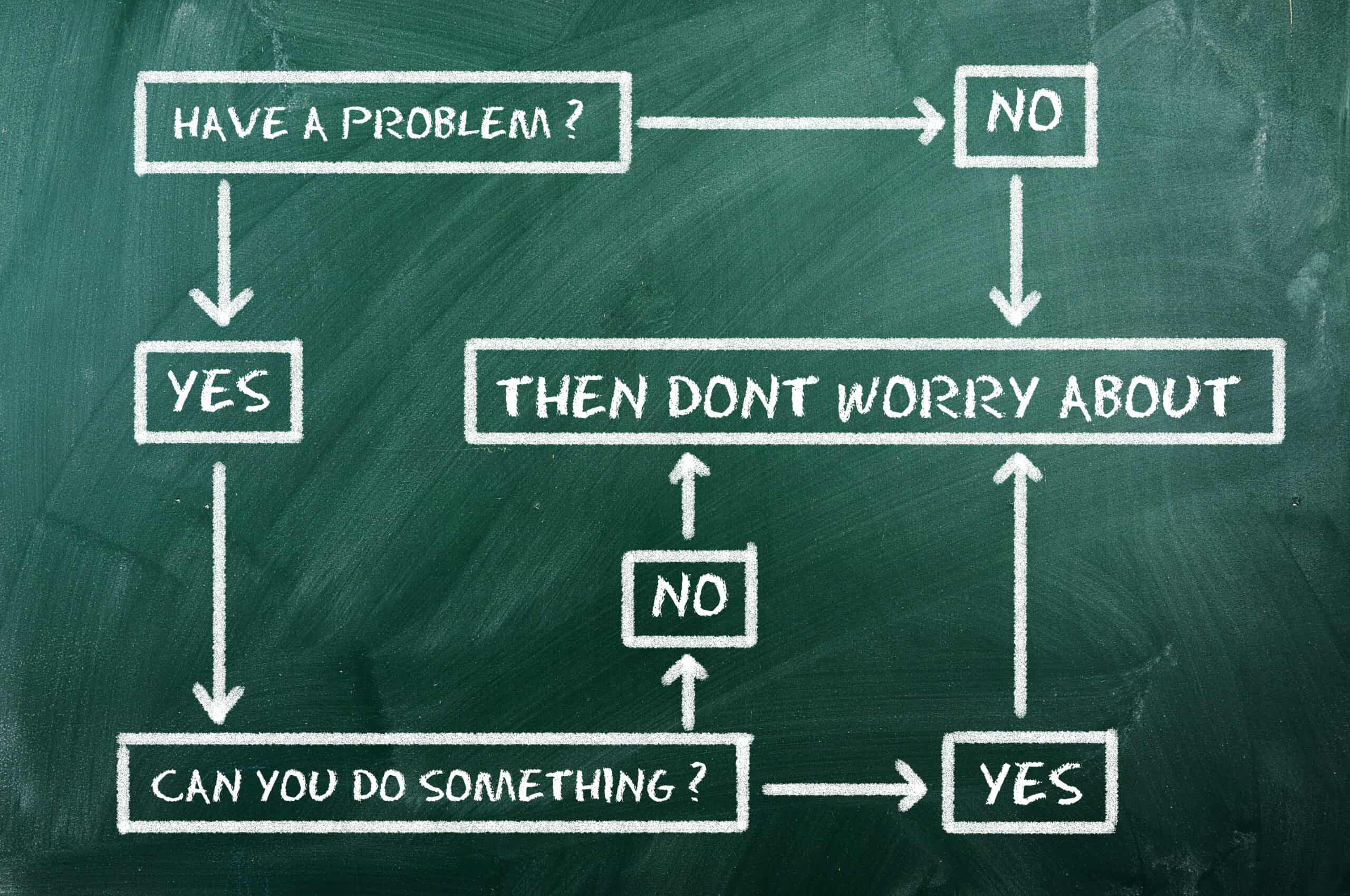In the Flow with Healing Waters

Can you turn off your worry?
I do not believe there is a person alive that does not worry. There are, however, varying degrees of worry. There are certain events that happen in our lives that seem to warrant worry. There is an unending list of things in the world to worry about. So if we choose to worry there is plenty of opportunity.
I have spent most of my life in “worry”. It has become a pattern and a way of life for me. Most of the time what I worry about I have no control over. Worrying does not feel good. Then I wondered “Is this feeling worry or anxiety”? I am not sure what the difference is between anxiety and worry so I googled it. This is what Jeffrey Devore, MSW, a behavioral health social worker at Henry Ford Health has to say about the comparison. “Worry and anxiety fall on a spectrum. They’re different states, but they’re also interrelated.”
Worry Versus Anxiety
Chances are good that you regularly experience some level of worry (or even anxiety). But what do these terms really mean? Both states are marked by a sense of concern, disquiet, and possibly stress. But they’re not the same.
Here are five key differences between worry and anxiety:
^Worry tends to reside in our minds. | Anxiety affects both body and mind.
^Worry is specific. | Anxiety is more generalized.
^Worry grounded in reality. | Anxiety is marked by catastrophic thinking.
^Worry is temporary. | Anxiety is longstanding.
^Worry doesn’t impair function. | Anxiety does.
So in the end the label I put on an uncomfortable feeling or struggle within myself does not matter. What does matter is what I do with it. How do I want to be? How can I change how I am? How can I live my best life without daily worry, stress, and anxiety?
Have you ever noticed how easy it is to give other people advice about not worrying? Recently I was out of town visiting family. While there I was asked to see someone and treat her for a migraine headache along with nausea and vomiting she had been suffering with for 15 days. After a conversation with her, I realized she is a person that worries a lot. Her headache started when her 25-year-old son was diagnosed with a rare form of cancer. Because of her chronic worry, she already had congestion in her stomach and her stomach channel. This news obviously created so much worry and anxiety and her body reacted in a way that caught her attention. I treated her, and her headache and nausea went away. There was a good chance that her headache would return if she could not change “how she is “. So I asked her if the worry was going to change the diagnosis. Of course, she knew the answer was no. She has a strong faith so we talked about the power of prayer. I suggested that she shift her thinking from worry to something constructive like how she can support her son. I asked her to trust the Oncologist and nurses that are responsible for his medical care. It has been a week and her headache has not returned.
So I am left thinking why don’t I follow my own advice. If I am worried about something and there is something I can do about it then I have the choice to do it. If I have no control over it then I have the choice to shift how I am thinking. Sometimes I worry about other people and the choices they are making. Quite honestly those things are none of my business unless the person asks me to get involved. It is not my responsibility to fix it but I have spent countless hours worrying about how I can fix it. Some things I worry about are the “What If’s”. How much time do we waste on the things that might happen, and then they never do? I find myself worrying about things that are so insignificant at times.
Worry and anxiety are exhausting. Over time they can have a very negative impact on your health. This is some information I found. Worrying excessively can have the same effect on your body as chronic stress, triggering the fight-or-flight response and releasing stress hormones like cortisol. Chronic stress has been shown to contribute to serious health issues, such as digestive problems, heart disease, and suppression of the immune system. What are the disadvantages of worrying?
Worrying too much can affect both mind and body in a variety of ways such as:
- Disrupted sleep.
- Headaches.
- Difficulty concentrating.
- Nausea.
- Muscle tension.
- Exhaustion.
- Irritability.
- Elevated levels of the stress hormone, cortisol.
There are ways to manage our worry, anxiety and stress. It takes more than just telling ourselves “I am not going to worry anymore”. I wish it were that simple. Understanding how we are, how we got to where we are, knowing we have a choice in how we react, and learning some tools to achieve the life we want are all achievable for each of us if we want to put the time in.
Do you struggle with worry and anxiety? Are you searching for tools to make some changes in your life? When you are ready I highly recommend The Perfect Triangle Program offered at Healing Waters Health Center. Check it out on the website. Or if you know someone else that is struggling, offer them a solution.
Worry less in the Flow,
Donna








